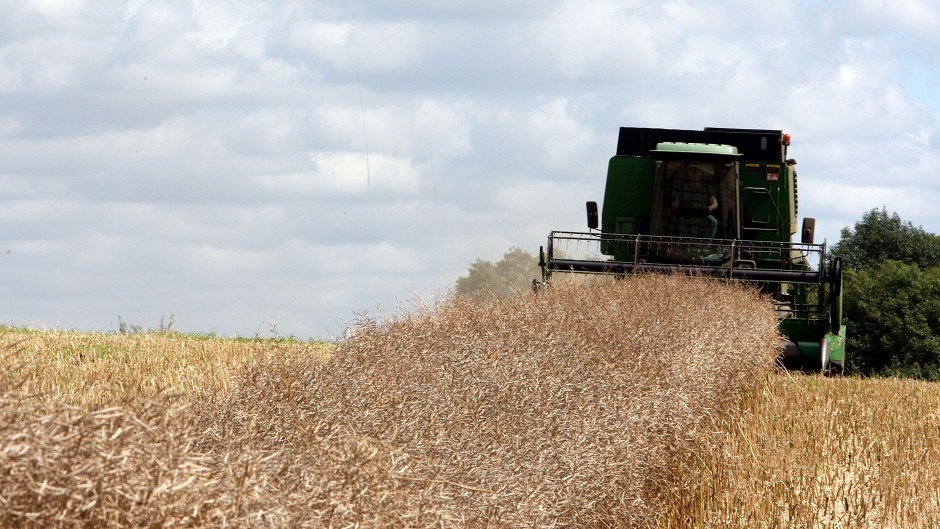Greening policies under Common Agricultural Policy (Cap) reform are detrimental to European farmers’ competitiveness, according to an EU study.
The study – EU Member States in agri-food world markets: Current competitive position and perspectives – warns European crops could become less competitive in the global market as a result of the environmental conditions being placed on farmers in order to receive subsidy support.
“The likely reduction in direct payments received by
arable crop farmers and the growing environmental ‘cross-compliance’ which will be attached to these payments in coming years will reduce the competitiveness of European crops in the short run,” said the report.
It said a survey of farmers found that the greening measures were not seen as a way to justify farm subsidy to support to the public, but rather “they [farmers] believe that environmental obligations could involve extra constraints preventing EU agriculture from competing in a globalised market”.
It also questioned the effect of direct payments on productivity and competitiveness.
According to the study, although direct payments enhance the viability of existing farms, they also slow down the process of lowering production costs and increasing efficiency, thus making these farms less competitive.
Conservative MEP Ian Duncan, who sits on the environment committee at the EU, said the report identified that Cap greening measures were “bad for farming” and reminded industry early on what needed to be changed in a mid-term review of Cap in 2016/17.
“My colleagues on the environment committee are saying how did we get to this situation where everyone seems to want a greener component to the Cap but we have created a bureaucracy which is not allowing farmers the freedom to deliver on the green agenda,” said Mr Duncan.
“Farmers are not looking at it [greening] to be watered down. They are looking at it to be flexible enough to work.”
The report comes the same week the Scottish Government announced plans for a short-term scientific study which will, alongside stakeholders’ views, inform it on future decisions on greening.
In addition, a longer-term monitoring project will be carried out to look at the wider impacts of greening on the environment and agriculture.
NFU Scotland president Nigel Miller said: “We, with Scottish Government, are now committed to a greening review process before 2016 in line with the European Commissioner Elect, Phil Hogan’s simplification agenda.
“We recognise that greening must deliver for the environment but it must also work on farm and be simple to audit.”
The review announcement came alongside further details on how Scots farmers will have to implement greening measures under the new Cap.
Among the details was confirmation that the use of fallow as an Ecological Focus Area must include the period between January 15 and July 15 – the same end date as old set-aside rules.
In addition, government also confirmed a temporary one-year relaxation in the controversial requirement to grow more than one nitrogen-fixing crop in each parcel of land if it is to be regarded as part of the farm’s EFA obligation – one crop will suffice until 2016.
